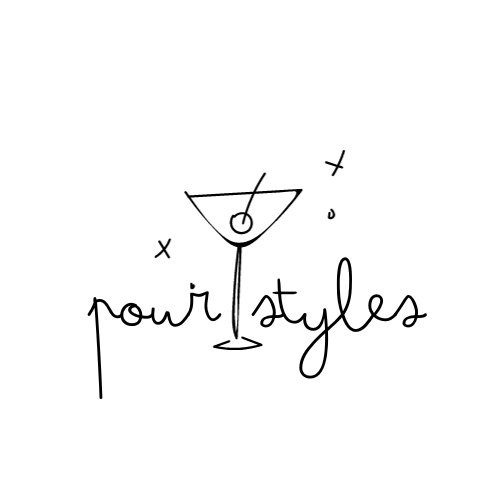Hang-Xiety.
Why is anxiety a common symptom after consuming alcohol and what can we do to prevent it?
We all love our wine nights, but with one glass too many the dreaded hangover makes drinking not even worth it. Along with nausea, headaches, and drowsiness, anxiety is a peculiar symptom that comes along after a fun night of drinking and damn.. what a buzz kill.
There are several factors as to why your anxiety may be increased after consuming alcohol:
People often use drinking as lubricant for social anxiety. If you live with anxiety, you may find that a drink or two often helps with the nervous feelings and make you feel more relaxed in social situations. About two drinks, or a blood alcohol level of 0.055 tends to increase the feeling of relaxation and reduce shyness. But as the effects of alcohol wears off, anxiety always returns and can be even stronger.
Whether you had one drink or five, your body eventually needs to process the alcohol out of your system. The detoxification period, which can be considered a withdrawal, can take up to several hours. During this time you may feel restless, dizzy, anxious, or jittery which basically sums up a panic attack.
A type of emotional withdrawal also occurs during this time. When endorphins are released, which are your bodies natural feel-good painkillers, their levels spike while drinking alcohol and naturally decrease over time. This creates a natural come-down resulting in feeling physically and mentally unwell.
Of course, with dehydration, comes serious mental and physical side effects. Alcohol is dehydrating and despite drinking water throughout your night out, you are most likely still going to become dehydrated. Dehydration directly contributes to anxiety and other mood changes.
Alcohol also causes your folic acid level to drop, which is a nutrient that most people diagnosed with anxiety and depression are deficient in. Alcohol is basically just drinking anxiety juice.. yikes.
Of course, alcohol lowers your inhibitions, occasionally causing you to say or do things you normally wouldn’t sober. This is a major trigger for ongoing anxiety, and that dreaded feeling that “everyone hates you”.
Finally, alcohol affects your sleep, even if you don’t drink that much. Even if you get to bed at 9pm, you never sleep deeply which causes anxiety and nasty feelings the following day.
Going out for drinks is a social norm. It’s fun and something most of us partake in. If you are dealing with hangovers, try these methods to lessen your symptoms:
Water. All day long. My rule of thumb is after every glass of wine, chug an entire glass of water.
Eat small meals throughout the day and right before bed.
Take a relaxing shower before bed and use essential oils and white noise to help promote a better sleep.
Take 2 Advil before bed. This can help lessen the next days headache.
Hangovers are the worst. The main reason I haven’t been drinking as much in 2022 is because of the horrible anxiety I get the day after. It’s not worth it and although I still have a celebratory glass of wine here and there, my drinking has significantly decreased and I feel so much better. I highly recommend keeping a 2 cocktail max, and saving alcohol for special occasions only.
Sending you happy and healing vibes!
by Arielle DeFatta

